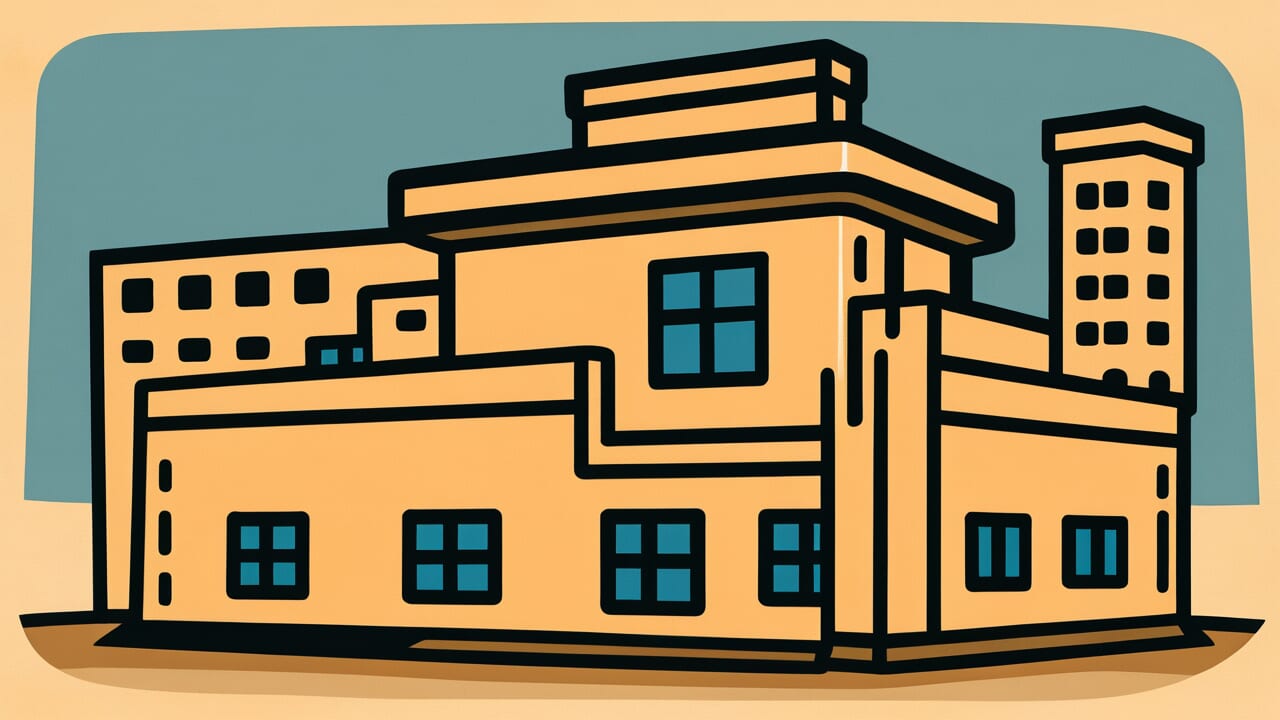How to Read “The company has not yet built a house”
Sha imada yasezu
Meaning of “The company has not yet built a house”
This proverb means that no matter how critical a situation a nation or organization faces, as long as it hasn’t completely collapsed, there’s still room to rebuild.
The state where the shrine’s roof hasn’t fallen yet shows that even though the building leans heavily and seems ready to collapse, it hasn’t crossed that final line.
You use this proverb when organizations or nations face serious crises. It applies to companies in financial trouble, groups experiencing internal division, or national emergencies where survival is in doubt.
The reason for using this expression is to send a strong message that you shouldn’t give up hope even in seemingly hopeless situations.
Once something collapses completely, rebuilding becomes impossible. But while the structure remains, there’s still a chance for recovery. This shows realistic judgment.
Even today, people sometimes use this proverb in corporate restructuring or organizational reform to express the attitude of not giving up and working toward recovery.
Origin and Etymology
This proverb is believed to come from ancient Chinese historical texts. “Sha” refers to an altar for worshiping the earth deity, treated as a symbol of the nation or dynasty.
“Ya” means roof, and here it refers to the complete collapse of the shrine building.
In ancient times, when a nation fell, the building symbolizing it was destroyed. However, the state of “the roof not yet fallen” meant the building was tilted and damaged but hadn’t completely collapsed.
This symbolically expressed a state where the possibility of rebuilding still remained during a national crisis.
This expression came to Japan and became established as a proverb, likely related to the history of valuing crisis management for nations and organizations.
It has been passed down as a lesson filled with hope that there’s a chance to rebuild no matter how difficult the situation, as long as it’s before complete collapse.
The characteristic of this proverb is using the concrete image of a building’s collapse to express the abstract concept of an organization’s survival in an easy-to-understand way.
Usage Examples
- The company’s performance is tough, but the company has not yet built a house, so if we start reforms now, there’s still time
- Team morale is down, but the company has not yet built a house, so we can’t give up here
Universal Wisdom
The proverb “The company has not yet built a house” reveals humanity’s instinctive attachment to hope.
No matter how desperate a situation seems, the human tendency to find possibilities as long as it’s not completely over never changes across time.
The reason this proverb has been passed down for so long is that humans are creatures who consider the boundary between “ended” and “not yet ended” extremely important.
Whether the roof falls or not may be a trivial physical difference. But in human psychology, this difference is as vast as heaven and earth.
If something collapses completely, we can accept it. But as long as the form remains, people cannot completely abandon hope.
This proverb also answers the eternal human struggle of “when should we give up?” Giving up too early means losing opportunities, but deciding too late expands the damage.
The ancients provided one guideline for this difficult judgment by showing the clear standard of complete collapse.
At the same time, it contains the value related to human dignity that you should give your all until that line is crossed.
This is wisdom that expresses human psychology and behavioral principles in crisis through the easy-to-understand metaphor of a building.
When AI Hears This
In physics, closed systems always move toward disorder. This is the law of entropy increase.
For example, a neatly organized room will inevitably become messy if left alone. Milk poured into coffee mixes on its own but never returns to its separated state. The entire universe follows this “one-way street toward collapse.”
Yet living organisms and human society are mysterious existences that defy this physical law. We constantly use energy to maintain order.
In other words, without intentional effort, collapsing according to physical laws is natural. “The company has not yet built a house” shows exactly this truth.
Archery skills also begin to deteriorate probabilistically the moment you stop the energy input called practice.
What’s interesting is the concept biologist Schrödinger pointed out: “Life lives by eating negative entropy.”
We take in orderly energy from food and use it to maintain the order of our bodies and skills. Stopping practice means stopping this energy supply for maintaining order.
Then physical laws win, and skills definitely deteriorate.
This proverb expresses the relationship between the universe’s basic laws and human effort with surprising accuracy. The need for effort isn’t spiritual theory but physical law.
Lessons for Today
What this proverb teaches you today is the importance of recognizing the timing when “there’s still time” even in difficult situations.
In life and work, when problems worsen, we tend to feel “it’s too late.” But it’s important to have the eye to calmly judge whether it’s truly too late or if recovery is still possible.
In modern society, change happens quickly and problems worsen rapidly. That’s why you need the courage to act before complete collapse.
You can apply the spirit of “The company has not yet built a house” to various challenges you face, like tangled relationships, career stagnation, or health problems.
At the same time, this proverb is a message of hope. No matter how painful things are now, as long as you’re still standing, there’s a chance for recovery.
What matters is taking a concrete step at this very moment while that possibility remains. Not tomorrow, but today.
Before it collapses completely, change your future with your own hands.



Comments